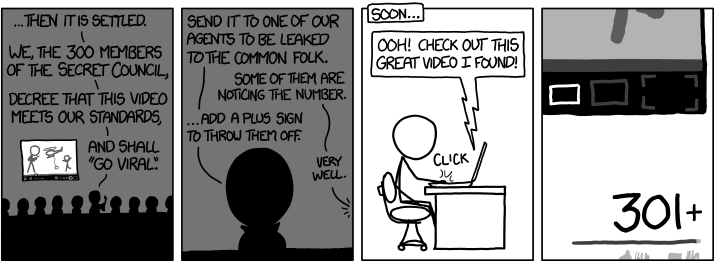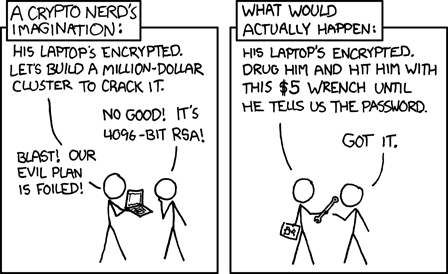First up, I think your question is less something for crypto.SE and would fit better in the security.SE corner. Nevertheless, here goes:
...except his name or identity...
That's in itself already describes your problems when it comes to security and cryptography.
Problem due to lack of verification options.
Currently, world news outlets (example: Reuters) as well as US governments confirm that Mr. Snowden's passport has been revoked by the US government. As a result, you don't have the option to verify if the person you are talking to is indeed Mr. Snowden, as there are no official documents that could indeed verify the identify in a trustworthy way.
Problem due to lack of knowledge.
As you have never met Mr. Snowden in person either, you can't tell if a person you meet is indeed Mr. Snowden and not someone who looks “just like him”. Remember that the only "knowledge" you currently have is a name and a small pack of pictures posted by news outlets. Keeping it short: since you both have no "common knowledge" which could be used to establish "trust", you can not trust the person you talk to.
Now... security is based on knowing, doing, or owning something that no one else can. This is especially true when thinking about cryptography for communication purposes. Since you don't even know Mr. Snowden and he does not know you, there is no way to establish a secure connection and/or communication.
In fact, you both represent "untrusted endpoints" for each other. You can't establish a secure connection when one or more endpoints are untrusted. To give you an every-day example: that's like trusting an invalid certificate when visiting an SSL protected website.
Keeping it short: symmetric key cryptography is not an option.
The alternative would be using public key cryptography instead. BUT: to avoid that everyone can decrypt the message, the decryption key would need to be passed to Mr. Snowden confidentially instead of publically... which does not satisfy the definition of "public key cryptography" anymore. Also, you can not establish a secure connection to an untrusted endpoint which means you can't securely pass the decription key. This practically closes the loop.
Wrapping it up: Humans are often the weakest link in a security protocol. This is one of such cases.
EDIT
Recently found some nice, reality-checking perspectives on the discussions that came up in the comments to my reply...
Can you trust a “public video”?

Even if you can trust the public video to transport a key, and even when you ignore the endpoint you can't verify with certainty... the “trust problem” remains due to “untrusted transport channels”. As said: in this case humans are the weakest link when trying to find a secure way of doing this.

(images via http://xkcd.com/, licensed CC BY-NC 2.5)
As the discussion in the comments boils down to thinking that public key crypto is the way to go, here are some additional thoughts why it won't work in this case:
In a public-key cryptography system, the private key is kept secret by the owner. Owner then publishes his public key through a certificate authority (CA). The CA essentially provides (identity, public key) pairs and signs this with the CA's private key so it can be checked using the “well-known” corresponding CA public key.
Now, to look up someone’s public key, you send the CA a request, which CA answers with a signed message which you then check the signature of.
This provides at least two weaknesses in Mr. Snowden's case, centered on the fact that the CA may be compromised:
If an attacker learns the CA’s private key, he can forge signed (identity, public key) pairs which will look like they are signed by the CA, and thus spread false public key records.
If an attacker somehow makes the CA change the public key record for entity XYZ to “forged key” whose private key is compromised, he can use “forged key” to impersonate entity XYZ ; this is essentially the same result as the above attack except that the CA may have a record of the forged key.
So, to communicate securely with someone like Mr. Snowden, you would need to make sure you can establish a trusted, verifiable direct connection to him, or you would need a CA which you both trust. But you won't be able to agree upon a commonly trusted CA since you can not establish a verifiable communication with Mr. Snowden in the first place.
We can discuss this back and forth, fact is: trust is a problem and verification practically not possible without having to rely on another non-verifiable intermediate party. Wrapping it up: you can not “say Something Confidentially to Snowden” (in the current situation described in the question) as the “confidential” part can not be proven from a cryptographic standpoint due to a key-exchange problem which rules the situation described in the question.
To wrap all this up:
How to Say Something Confidentially to Snowden?
You can’t. For the multitude of reasons, read my complete answer.


